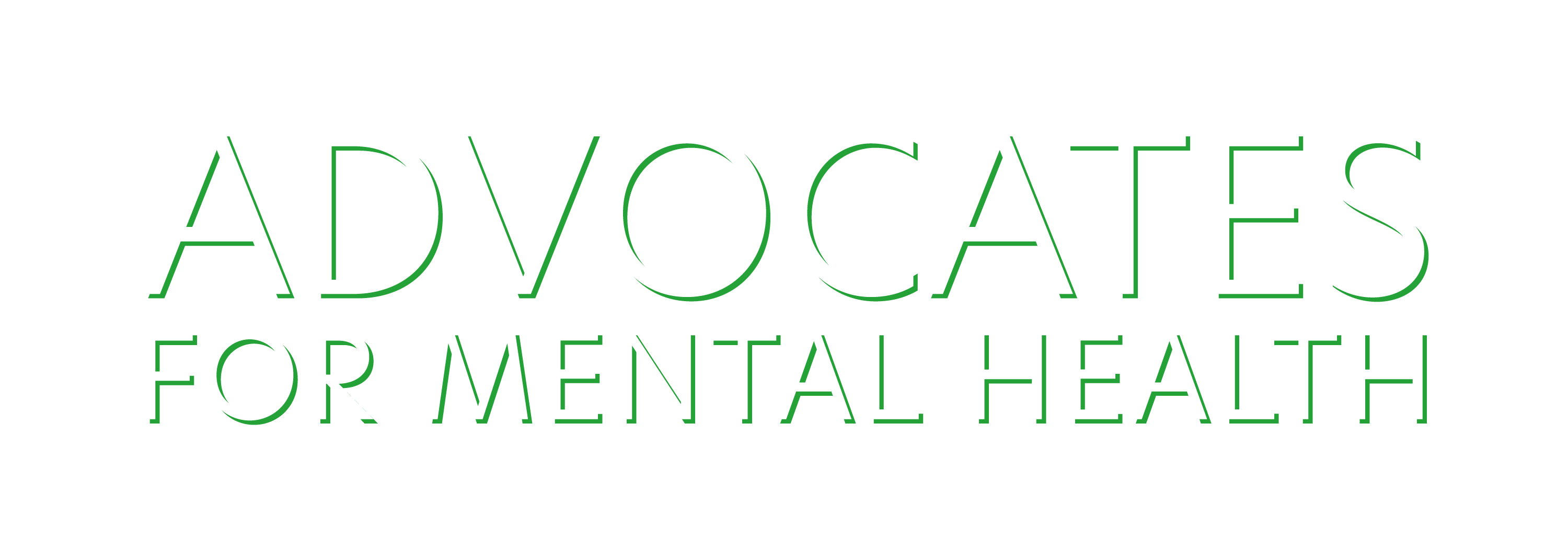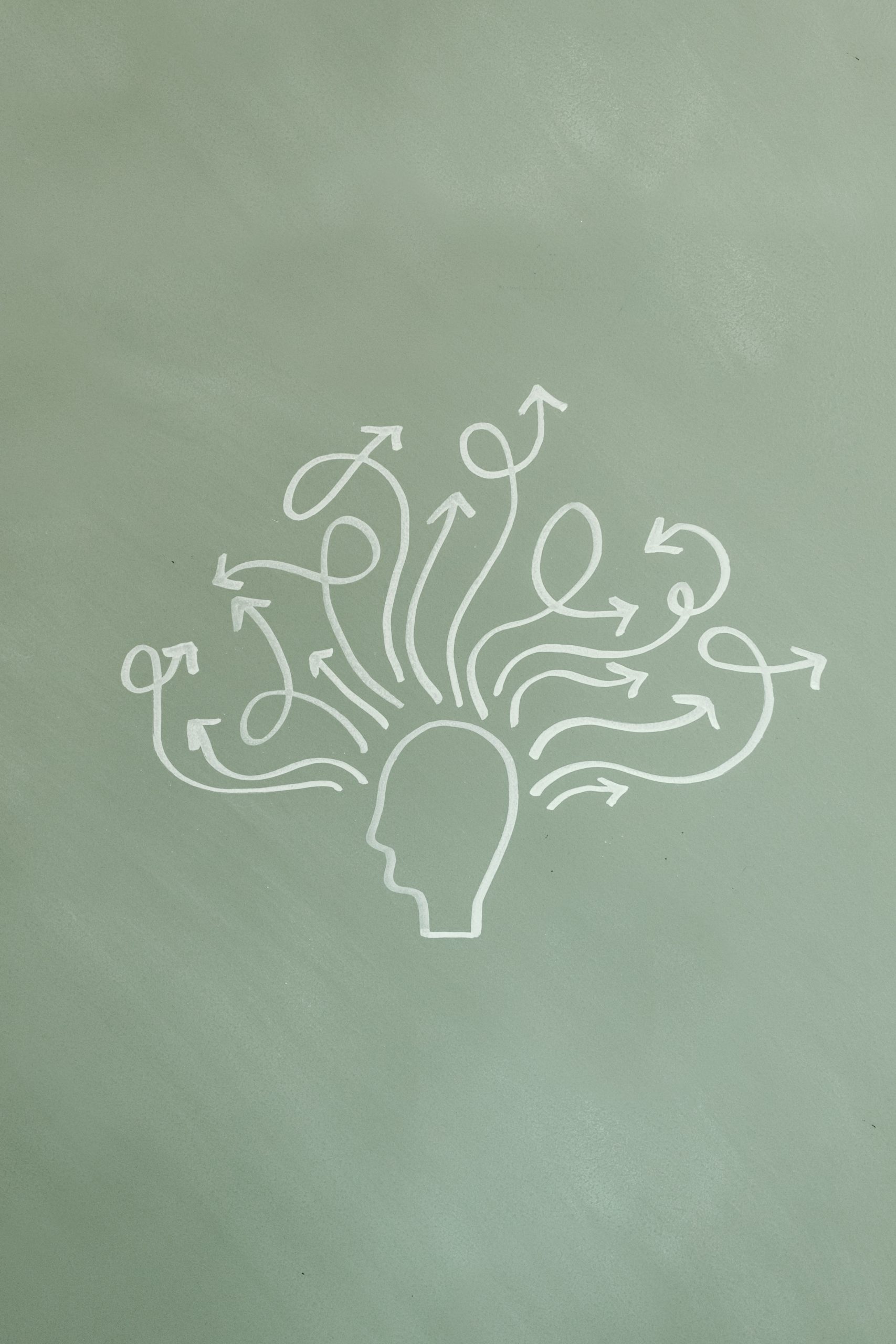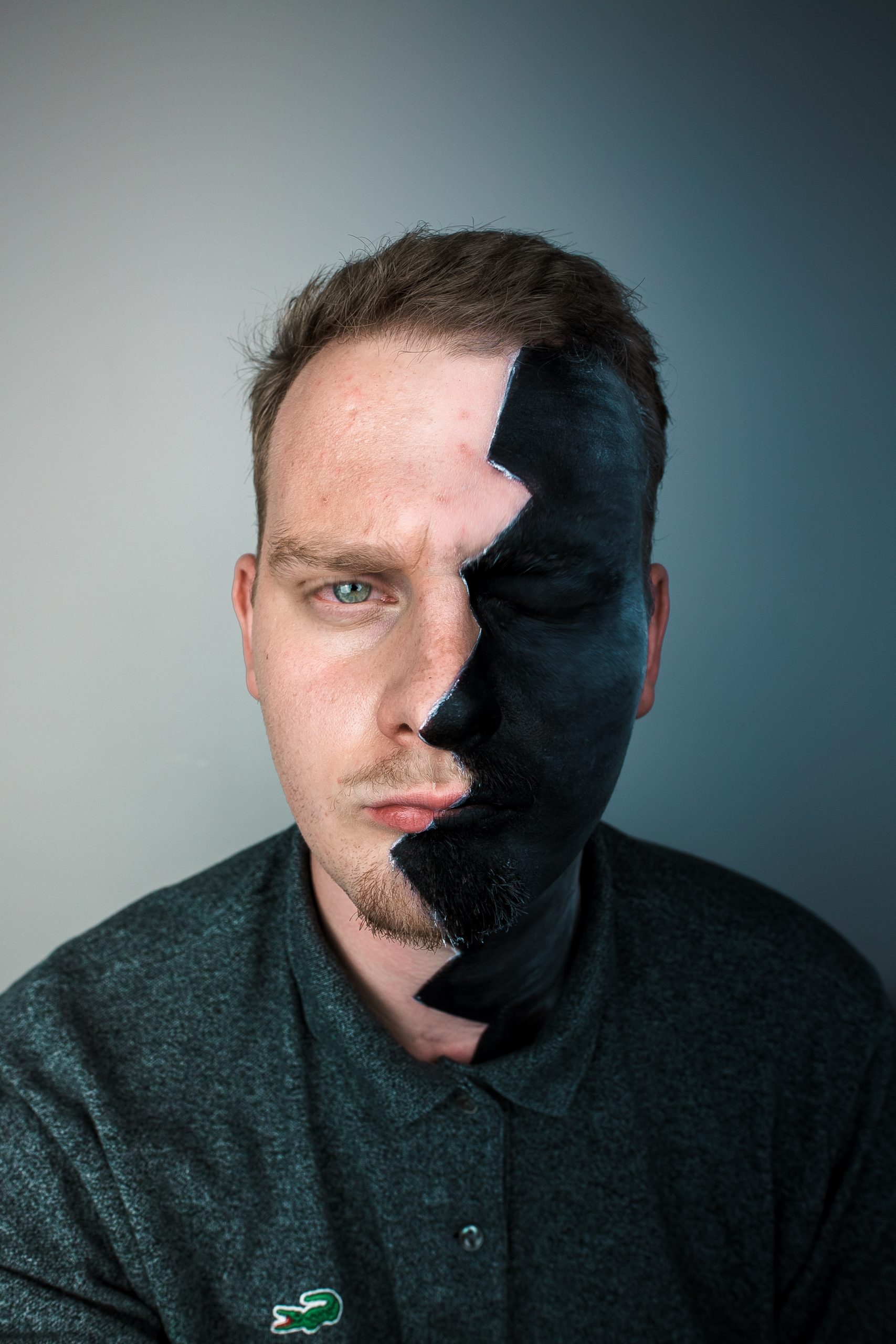This speech was presented in Mooringsport, Louisiana on June 24th 2021
Hello, good evening.
My name is Hazel Richards and I’ve been a social worker operating in and around Shreveport for several decades, first working for the school system, and now with the Administration of Veteran’s Affairs. I’ve worked with children, the mentally ill, the homeless, the hopelessly addicted, the disabled, and many others. Simply put, I’ve served the most vulnerable people in our society; I’ve witnessed their pain, and I’ve decided I can do more.
So, I’m here today to talk to you about some of the problems I’ve seen in our community and a cause that’s dear to my heart: those people who fall through the cracks of our society. It’s true that the Unites States Government and the state governments have many services for the disabled, the homeless, the mentally ill, and the impoverished. But it’s also true that the scope of these services can be somewhat limited, somewhat convoluted, very time consuming to apply for, and easily lost once gained. I can tell you from experience that I have seen many trapped in a cycle of poverty with no easy way out. And through no fault of their own: no extreme character flaws, no bad decisions. Just bad luck.
Consider the following: a young woman, a diabetic, cannot afford the cost of her insulin without government aid. She applies for the aid and it is given to her, but one of the requirements of the aid is that her income must fall below a certain threshold. And this creates a catch-22: She can give up her job as a bartender (and perhaps take a lower paying one), and the government will pay for the insulin she needs to live, but then she will be unable to pay rent, or buy food, or afford the other things necessary to live, and shortly thereafter, she’ll be living on the streets. What does she do? In real life, the young lady chose to keep working and tried to ration what insulin she could afford. She thought, perhaps, she could get by only taking half her normal dose.
She died, from diabetic shock, in 2018. Alone in her studio apartment. This was an unnecessary and entirely preventable tragedy. And there are tens of thousands more just like her.
Here’s another story: a man gets hits by a drunk driver while crossing an intersection. He survives, but is left with debilitating chronic pain from his injury. His doctor prescribes oxycontin. He takes it exactly as prescribed, but becomes addicted nonetheless. As his body acclimates to the drug, he requires more and more to escape the constant, gnawing pain in his back. The costs grow alongside his dependence. His performance at work suffers and he loses his job, but he’s still in agony. Unable to afford the pain medication, he turns to the most affordable alternative: heroine. And shortly thereafter, he is lost to the darkness. This drama plays out again and again, day after day, all across our nation; nearly 10,000 people a month perish from overdoses. By the end of the year, 3 times as many people will die from opioids as car crashes. The chances are high that you knew one of them, that you know someone in this situation right now. These people need help, but there seems to be little available to them.
The mission of the non-profit charity I represent, Advocates for Mental Health, is twofold: to help those who fall through the cracks of our social services and to educate the members of our community in order to prevent people from ever falling in the first place.
There’s an old saying, “Give a man a fish, you feed him for a day. Teach a man to fish, and he will feed himself for a lifetime.” Good advice, true advice, but I would pose this question to you: What good does it do to teach a man to fish if he hasn’t the money to buy a net or the strength to cast the line? Sometimes people need help through the rough places before they can fend for themselves. You must have a solid foundation to flourish. And so, our mission is to give people fish and then teach them how to catch them.
Our society, our community, is the chain upon which the weight of our nation hangs. And a chain is only as strong as its weakest link. The stronger the links of our community, the closer we are to our neighbors, the more we give to one another, hold one another up, the stronger we all become. Our future can only become brighter when we stand together.
Our charity is young, but I believe we have already created some tangible change for the better in the lives our clients: we have helped veterans through school, provided food for the impoverished, purchased life improving equipment for the disabled, and helped them navigate the complex bureaucracies of our social service networks. We’re currently expanding our education mission—we actually have some handouts on PTSD for you here today. I hope you’ll take a look at them: posttraumatic stress disorder is a serious condition that affects a great deal of our military veterans and a significant portion of the civilian population.
And I hope you’ll consider donating, even if it’s just the change in your pocket. Every last thing helps.
Thank you, and God bless.



